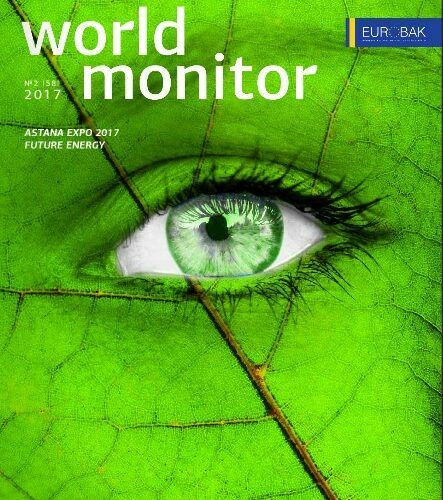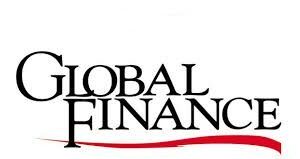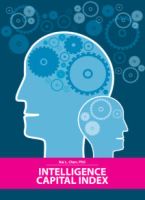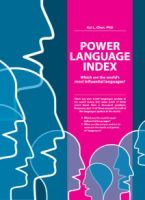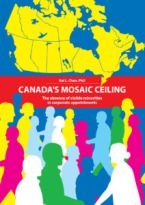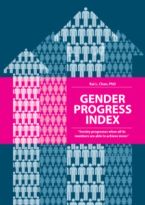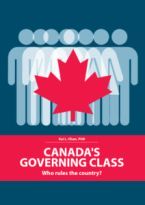
Countries capitalise on the knowledge economy to advance Published: 16:59 July 14, 2017 Joseph A. Kechichian, Senior Writer Beirut: Lebanon, which frequently boasts of its unique education capabilities ranked 100th with a low score of 16.9 [or simply a D] in the Intelligence Capital Index. The first Arab country on the list, the UAE, closed in at the 49th spot, followed by Qatar (60), Saudi Arabia (62), Kuwait (63), Bahrain (65), Oman (76), Jordan (80), Tunisia (85), Morocco (94), Egypt (98), and Algeria (103). Kai L. Chan, a distinguished fellow at the French-led INSEAD global business school, published the unique Intelligence Capital Index for 128 countries that aimed to gauge the ability of countries to capitalise on the knowledge economy by assessing their environments for education, creativity and talent attraction. The first five countries in the INSEAD roster were the US, UK, Germany, Australia and Singapore. Israel came in at 25, Turkey at 54 and Iran at 82. Most of issues that motivated rankings were related to education creativity and talent attraction, and while Lebanon certainly enjoyed the talent, most of its gifted innovators succeeded abroad instead of thriving in their native land. The INSEAD barometer focused on each country’s…

 Tom Turula 17 Aug 2017 10:48 AM [caption id="attachment_3510" align="aligncenter" width="600"] Spotify Press Photo[/caption] Sweden, Finland and Denmark are very well-positioned to foster the big ideas of tomorrow. This according to the Intelligence Capital Index (ICI), compiled by Distinguished Fellow at INSEAD, Kai L. Chan, who gauged four parameters – education, creativity, cognitive skills and attractiveness for skilled immigrants – to determine the smartest countries in the world with the best innovation potential. The ICI was published by INSEAD Innovation & Policy Initiative Sweden tops the Nordic countries at sixth place, tightly followed by Finland and Denmark on 9th and 10th spots. The top ten is otherwise populated by European and North American countries, with the exception of Australia and Singapore. Chan notes that the Nordics have “typically high scores on the aspects of attractiveness for immigrants and creativity.” The ranking pins Sweden as the world’s most creative country, followed by Finland and the U.S. “Creativity should be part and parcel of any measure of human capital. Rote learning and memorisation are fast losing value in an era increasingly relying on computers and robots,” writes Chan, who used the Global Creativity Index and countries’ ratio of R&D expenditure-to-GDP as creativity proxies. Denmark excelled with the quantity and quality of its elite education (5thand 9th in…
Tom Turula 17 Aug 2017 10:48 AM [caption id="attachment_3510" align="aligncenter" width="600"] Spotify Press Photo[/caption] Sweden, Finland and Denmark are very well-positioned to foster the big ideas of tomorrow. This according to the Intelligence Capital Index (ICI), compiled by Distinguished Fellow at INSEAD, Kai L. Chan, who gauged four parameters – education, creativity, cognitive skills and attractiveness for skilled immigrants – to determine the smartest countries in the world with the best innovation potential. The ICI was published by INSEAD Innovation & Policy Initiative Sweden tops the Nordic countries at sixth place, tightly followed by Finland and Denmark on 9th and 10th spots. The top ten is otherwise populated by European and North American countries, with the exception of Australia and Singapore. Chan notes that the Nordics have “typically high scores on the aspects of attractiveness for immigrants and creativity.” The ranking pins Sweden as the world’s most creative country, followed by Finland and the U.S. “Creativity should be part and parcel of any measure of human capital. Rote learning and memorisation are fast losing value in an era increasingly relying on computers and robots,” writes Chan, who used the Global Creativity Index and countries’ ratio of R&D expenditure-to-GDP as creativity proxies. Denmark excelled with the quantity and quality of its elite education (5thand 9th in… 


